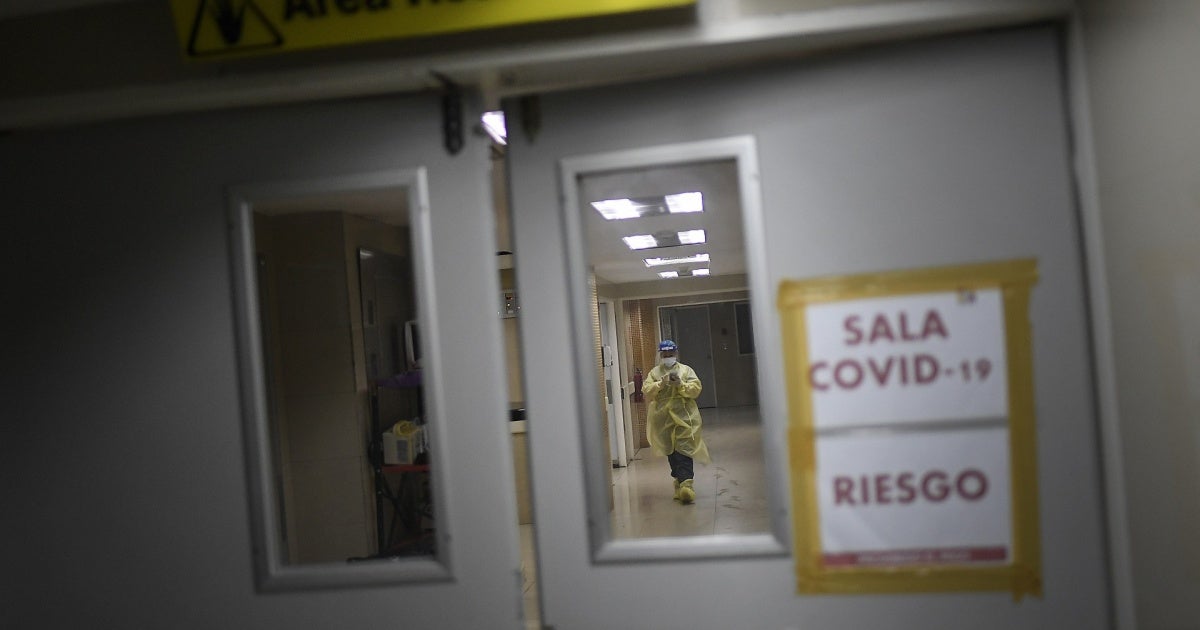“When governments neglect to invest in their healthcare systems, people and families end up shouldering the burden,” said Matt McConnell, economic justice and rights researcher at Human Rights Watch. “While more spending is not enough on its own to ensure universal access to high quality healthcare services, it can help shift this burden, which causes the most harm for people with the fewest resources.”
The Human Rights Watch analysis of healthcare spending in more than 190 countries around the world, available in a summary table at the end of this document, also found that:
Despite a mass increase in healthcare spending across the globe in response to the pandemic, 38 governments spent less on health care in 2021, as a share of their GDP, than the year before it began.
Despite governments’ commitments to reduce out-of-pocket expenditures, individuals and their households collectively paid the equivalent of about US$1.68 trillion for health care out of their own pockets in 2021, a figure comparable to the annual GDP of Australia or the Republic of Korea.
At the height of the pandemic, out-of-pocket payments covered the costs of more than 20 percent of health care in 119 countries. Only high-income countries averaged less than 20 percent in 2021 (17 percent), while upper-middle (29.9 percent), lower-middle (34.6 percent), and low-income (39.1 percent) countries averaged far more.
In 47 countries in 2021, individuals and their households collectively paid more out-of-pocket for health care than their governments spent on it.
Twenty years after agreeing to the Abuja Declaration and committing to spend at least 15 percent of their national budgets on health care, only 2 of the African Union’s 55 member countries met this target in 2021: Cabo Verde (15.75 percent) and South Africa (15.29 percent). On the whole, countries in the African Union spent an average of 7.35 percent of their national budgets on health care that year.
Eighty-three governments paid more per person to service their external public and publicly guaranteed debts in 2021 than on health care.


